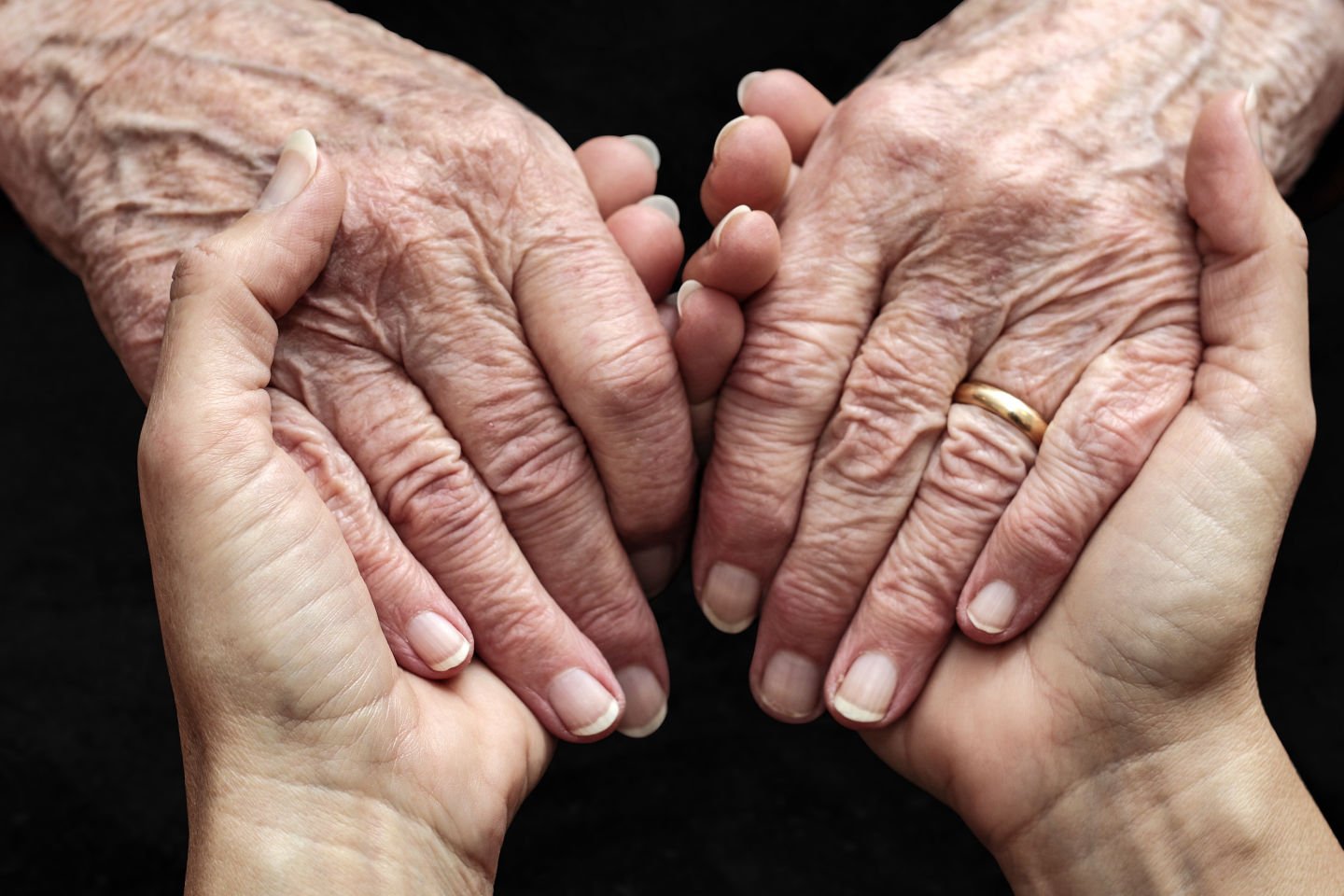A call to action on elder abuse
As World Elder Abuse Awareness Day rolls around again, nothing much has changed in terms of government action. Why the hold up?

National Elder Abuse hotline 1800 353 374.
Subscribe to NSA to keep updated with free tools and resources for seniors.
Support our advocacy here.
World Elder Abuse Awareness Day (WEAAD), on 15 June, is a powerful reminder that elder abuse is a serious issue, and one that affects far too many older Australians, often in silence.
Yet, eight years on from a major inquiry into elder abuse, resulting in 43 recommendations for government, very little has been done to protect older people from harm.
National Seniors Australia made a substantive submission to the inquiry by the Australian Law Reform Commission in 2016 and has continued to call for action, as recently as this week, when NSA representatives appeared before a Queensland Parliament committee to discuss this very issue.
You can read more about this at the end of this article.
WEEAD serves to raise awareness, encourage action, and promote respect and dignity for older people across all communities.
Elder abuse can take many forms - financial, emotional, physical, sexual, or neglect.
Financial abuse is the most common reported form, often perpetrated by someone the victim knows and trusts, such as a family member or caregiver. This can range from misusing a Power of Attorney (POA) or Enduring Power of Attorney (EPOA), to coercing an older person into handing over assets or making changes to a will.
The World Health Organization estimates that one in six people aged 60 years and older have experienced some form of abuse in the past year. However, the true extent may be underestimated due to underreporting, stigma, and the dependency many older people feel toward their abusers.
This year’s WEAAD campaign encourages us all to start conversations about how we can prevent elder abuse.
Events will be held across the country, with Compass, Australia’s national elder abuse knowledge hub, listing some of them here.
Compass also offers valuable guidance on recognising abuse and knowing what steps to take.
NSA submission to inquiry
National Seniors Australia (NSA) made the following recommendations in our submission to the recent Queensland inquiry into elder abuse:
1. Develop an ongoing public campaign to educate older Australians about the need to consider how they want their affairs to be handled if they lose their decision-making capacity.
2. Promote assisted decision-making tools as part of a wider public information campaign.
3. Develop consistent national laws covering assisted decision-making instruments, such as Enduring Power of Attorney, across all states and territories.
4. Develop a national registration system for power of attorney, guardianship, and Advance Care Directives, which enable relevant people, including health professionals, to have easy access to these documents.
National Seniors Australia (NSA) is a strong advocate for protecting the rights and wellbeing of older Australians.
We are calling for greater education, stronger legal protections, and more accessible reporting systems.
An essential reform is improving processes surrounding the use of EPOAs as legal tools that can protect older people against financial abuse. NSA and others have argued long for nationally consistent laws for EPOAs (much as we do for retirement villages) and for a national registration system for these valuable documents.
However, work on this has stalled because of the difficulties in getting state and federal jurisdictions to work together. One of many examples of the failure of our disjointed political system.
Preventing elder abuse is a shared responsibility.
Whether you’re a family member, neighbour, health professional, or simply part of your community, you can help ensure older Australians are treated with the respect and care they deserve. Elder Abuse Action Day is more than symbolic; it’s a call to action.
A call that state and federal governments should also hear.
If you or someone you know is experiencing elder abuse, it is important to speak up. Help is available through services such as 1800 ELDERHelp (1800 353 374), a free, confidential national helpline.




